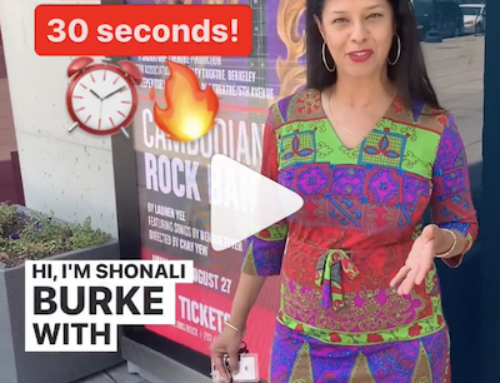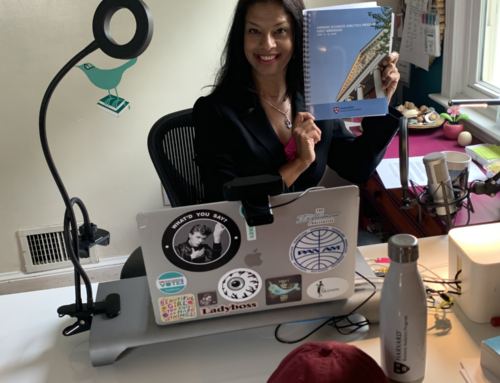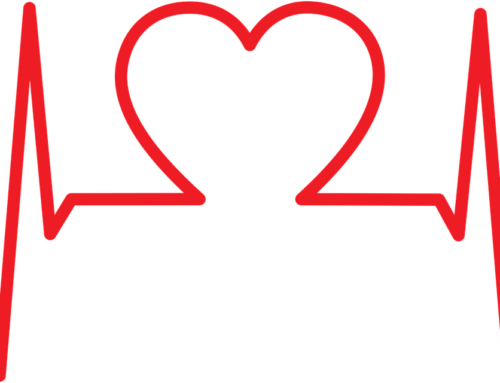I’ve been having some interesting conversations recently about “what people know.” Most of them have centered on social media, but the key points apply anywhere.
I never fail to be fascinated as I come in contact with people who, on the surface, should be the role models for learning.
Why? Because they’re teachers!!
I have to make it clear right here that this isn’t a mass epidemic, yet. But it is something that I seem to be seeing more frequently…probably because I’m paying more attention to the situation. Nevertheless, it’s there, and it doesn’t appear to be going away anytime soon.
Why am I on this rant?
Because we, teachers, should be setting the example, leading the way for our students and advisees as they, themselves, prepare for their inevitable dive into the deep end of the working world pool.
I never really gave this a whole lot of thought as I was wending my way through my own college adventures. It definitely wasn’t on my radar screen while slogging through the mire that made up the University of Georgia’s bachelor’s degree in English. But I also wasn’t thinking about how that degree was going to get me anywhere in life, it was just a degree that was expected of me.
Later, though, when I started working on a second bachelor’s, and then a master’s degree in business management with Golden Gate University, things changed. I was working. I had a pretty clear vision of what I wanted to do for a career.
I paid attention to the qualifications of my professors and, for the most part, took courses taught by people who either were working in that particular field or had worked, done well, and now were sharing their experience with us.
Now, a gazillion years later, I’m at Curry College heading our Communication Department‘s Public Relations Concentration and introducing young men and women to the profession that was my own career for longer than some of their parents have been alive.
But I’m not just teaching. That part is (or so I try to convince myself) comparatively easy.
I’m also learning through active participation both as a participant and as a presenter in programs offered by the Public Relations Society of America and its many local chapters, the Publicity Club of New England, the American Marketing Association, and on and on.
Why do I do this on top of teaching four-to-five courses each semester as well as supervising a dozen or so public relations interns and advising a couple dozen students?
Simple. Teaching has become, rather than a job that keeps me off the streets and out of the poolrooms, a passion.
I have the genuine pleasure of watching young men and women wander into one of my classes and seeing a light go on in their eyes as they realize that this “public relations stuff” is actually very interesting and you can make a pretty decent living doing it!
But I have to show them that I’m dead serious about what I’m teaching. Sure, we have fun (or at least I do) in the classes. But I’m telling them what has happened, what is happening, and what will happen in my professional world.
The goal is simple… to prepare those among the group who might be considering public relations, first as a concentration in college, second as a career field, for the “real world.”
Books are a wonderful resource for what happened in the past. Experience-based discussion lays the groundwork for what lies ahead… the future.
To do this, in my own less-than-humble opinion, you have to “walk the walk” and “talk the talk.”
Image: Drew Patrick Miller via Unsplash, CC Zero



![[EVENT]: PR Hacks for Small Biz (online)](https://shonaliburke.com/wp-content/uploads/2021/06/FB-Ad-1200x800-01-01-01-Copy-500x383.jpeg)





“You have to “walk the walk” and “talk the talk” – nowhere is this analogy more apt than in public relations! This post is an excellent reminder for teachers and leaders that the key is to lead by example.
ShakirahDawud Thanks so much, Shakirah! And you said it MUCH better than I!!
Education and knowledge truly are a combination of the past, the present, and the future. We, as educators, have to figure out how to best combine those concepts to make the learning experience meaningful and worthwhile for our students!
Thanks so much for reading and commenting on my thoughts! :-)
“Books are a wonderful resource for what happened in the past. Experience-based discussion lays the groundwork for what lies ahead… the future.”
Although I’ve always been a pedant and have to point out in a nasally voice that some books do make very good indicators of the future, I love that sentence. The simple fact is that when applied to textbooks, the thoughts contained in those books do come from thoughts that are in the past and learners can only infer so much from those past thoughts. Only you, standing in front of the room in the present, can help them appropriately apply those past thoughts and their present thoughts to their future decisions and actions.
Thank you for being that person, Kirk!